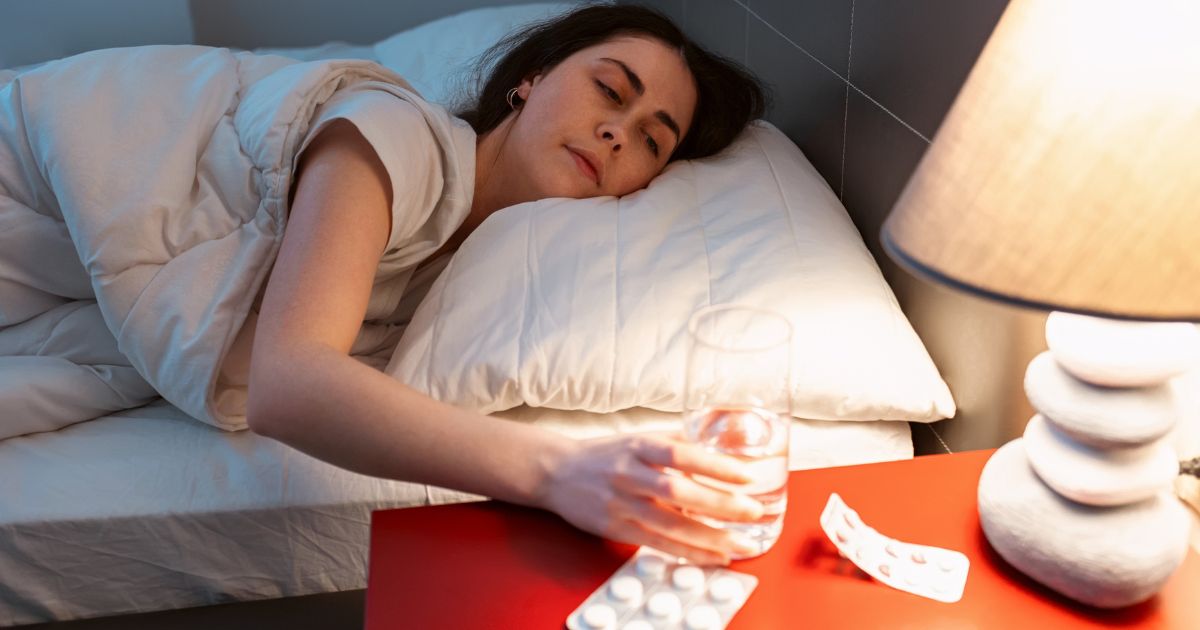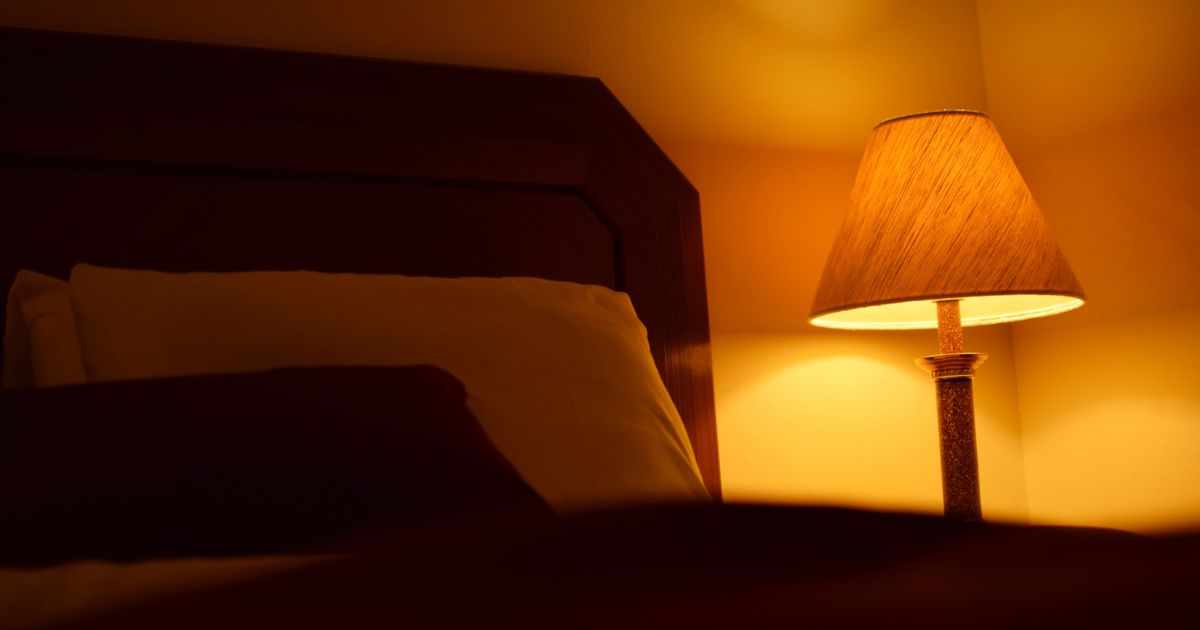Creating the perfect sleep environment is more than just a luxury—it’s a necessity for maintaining your overall health and well-being. A good night’s sleep has profound effects on your physical and mental health, impacting everything from cognitive function to emotional stability. Yet, many people struggle with getting the quality sleep they need, often due to overlooked aspects of their bedroom environment.
Transforming your bedroom into a sleep sanctuary can make a significant difference in the quality of your rest. From optimizing your bedroom layout to choosing the right mattress and pillows, every detail counts. In this blog, we’ll explore expert sleep tips designed to help you create a sleep-supportive environment that promotes relaxation and rejuvenation. Say goodbye to restless nights and hello to a more refreshed, energized you.
The Importance of a Sleep-Supportive Bedroom
A well-designed bedroom can significantly impact your sleep quality. Factors such as lighting, temperature, noise, and color scheme can either contribute to or detract from your ability to sleep soundly. By implementing the following sleep tips, you can create an environment that fosters restful sleep and rejuvenation.

Optimize Your Bedroom Layout
Start by optimizing your bedroom layout, which is one of the fundamental sleep tips for improving your sleep environment. Position your bed in the most comfortable and inviting spot, ideally as the focal point of the room, away from windows and doors to minimize disturbances. Consider the placement of other furniture to avoid clutter, which can create a sense of chaos and anxiety, counterproductive to sleep. Ensure there is enough space to move around freely, making your bedroom feel open and organized.
Choose the Right Mattress and Pillows
The foundation of a sleep-supportive bedroom is a comfortable mattress and supportive pillows. Here are some sleep tips for choosing the right bedding:
- Invest in a high-quality mattress that suits your sleep style and preferences. Whether you prefer a firm or soft mattress, the key is to find one that provides adequate support for your body.
- Choose pillows that support your neck and head, keeping your spine aligned. Different sleep positions require different types of pillows, so find the one that works best for you.
Control the Lighting
Lighting plays a significant role in your sleep quality. One of the top sleep tips is to ensure your bedroom is as dark as possible during sleep hours. Consider investing in blackout curtains to block out external light. Minimize the use of electronic devices before bedtime, as the blue light emitted can interfere with your sleep cycle. If you need some light, opt for soft, warm lighting. Dimmer switches and bedside lamps with adjustable brightness can help create a calming atmosphere conducive to sleep.
Regulate Room Temperature
Temperature is another critical factor in creating a sleep-supportive bedroom. The ideal sleep temperature is typically between 60-67 degrees Fahrenheit (15-19 degrees Celsius). Keeping your bedroom cool can help your body regulate its temperature, leading to better sleep. Use fans, air conditioning, or heating as needed to maintain a comfortable temperature. Layer your bedding so you can easily adjust it throughout the night to stay comfortable.

Minimize Noise
A quiet environment is essential for uninterrupted sleep. Here are some sleep tips for minimizing noise in your bedroom:
- Reduce noise levels by using a white noise machine or a fan to drown out background noises.
- Earplugs can be useful if you live in a particularly noisy area.
- Address potential noise sources within your bedroom by ensuring doors and windows are properly sealed to minimize outside noise.
Choose Calming Colors
The color scheme of your bedroom can affect your mood and sleep quality. Opt for soothing, neutral colors like soft blues, greens, and grays, which have a calming effect and can help create a serene atmosphere. Avoid bold, bright colors that can be stimulating and make it harder to relax. Incorporate these colors through accents or decor items if you want to add some vibrancy without overwhelming the space.
Declutter for Serenity
A clutter-free bedroom promotes a sense of calm and relaxation. Keep your bedroom tidy and organized by regularly decluttering and removing items that do not contribute to your relaxation and sleep. Storage solutions like under-bed storage, nightstands with drawers, and closet organizers can help keep your bedroom neat. A clean, orderly space can help reduce stress and create a more peaceful environment.
Incorporate Natural Elements
Bringing elements of nature into your bedroom can enhance its sleep-supportive qualities. Plants, for instance, can improve air quality and add a touch of tranquility to your space. Choose low-maintenance plants like snake plants or succulents that thrive in low light. Natural materials like wood, cotton, and wool in your furniture and bedding can also create a more relaxing and comfortable environment, contributing to a sense of well-being.
Create a Bedtime Routine
A consistent bedtime routine is one of the most effective sleep tips for improving sleep quality. Establish a routine that includes calming activities like reading, meditating, or taking a warm bath before bed. This routine signals to your body that it’s time to wind down and prepare for sleep. Ensure your bedroom supports this routine by creating a designated space for relaxation. A comfortable reading nook or a meditation corner can help you unwind and transition smoothly into sleep.
Use Aromatherapy
Aromatherapy can be a powerful tool in creating a sleep-supportive bedroom. Scents like lavender, chamomile, and vanilla are known for their calming properties and can help you relax and fall asleep more easily. Use essential oil diffusers, pillow sprays, or scented candles to introduce these soothing scents into your bedroom. Follow safety guidelines, especially when using candles, to ensure a safe sleeping environment.
Maintain Cleanliness
A clean bedroom contributes to a more restful sleep. Regularly wash your bedding, vacuum the floors, and dust surfaces to keep your bedroom fresh and hygienic. Cleanliness can reduce allergens and create a more pleasant environment, further enhancing your sleep quality.
Personalize Your Space
Finally, personalize your bedroom to reflect your tastes and preferences. Surround yourself with items that bring you joy and comfort. Whether it’s artwork, photographs, or cherished keepsakes, these personal touches can make your bedroom feel like a true sanctuary.

Jacksonville Sleep Center
By following these expert sleep tips, you can transform your bedroom into a serene sanctuary that promotes relaxation and ensures a restful night’s sleep. Prioritizing comfort, tranquility, and personal well-being in your bedroom design can significantly enhance your sleep quality and overall health.
If you’re ready to get your sleep schedule back on track, visit us at the Jacksonville Sleep Center. As a leading provider of sleep solutions, Jacksonville Sleep Center offers comprehensive services, including sleep studies and consultations. Our expert team diagnoses and treats a wide range of sleep disorders, ensuring personalized care tailored to your needs. With a focus on improving sleep health, Jacksonville Sleep Center helps you achieve the ultimate restful sleep. Schedule your first appointment today and discover the difference Jacksonville Sleep Center can make for your sleep quality!






